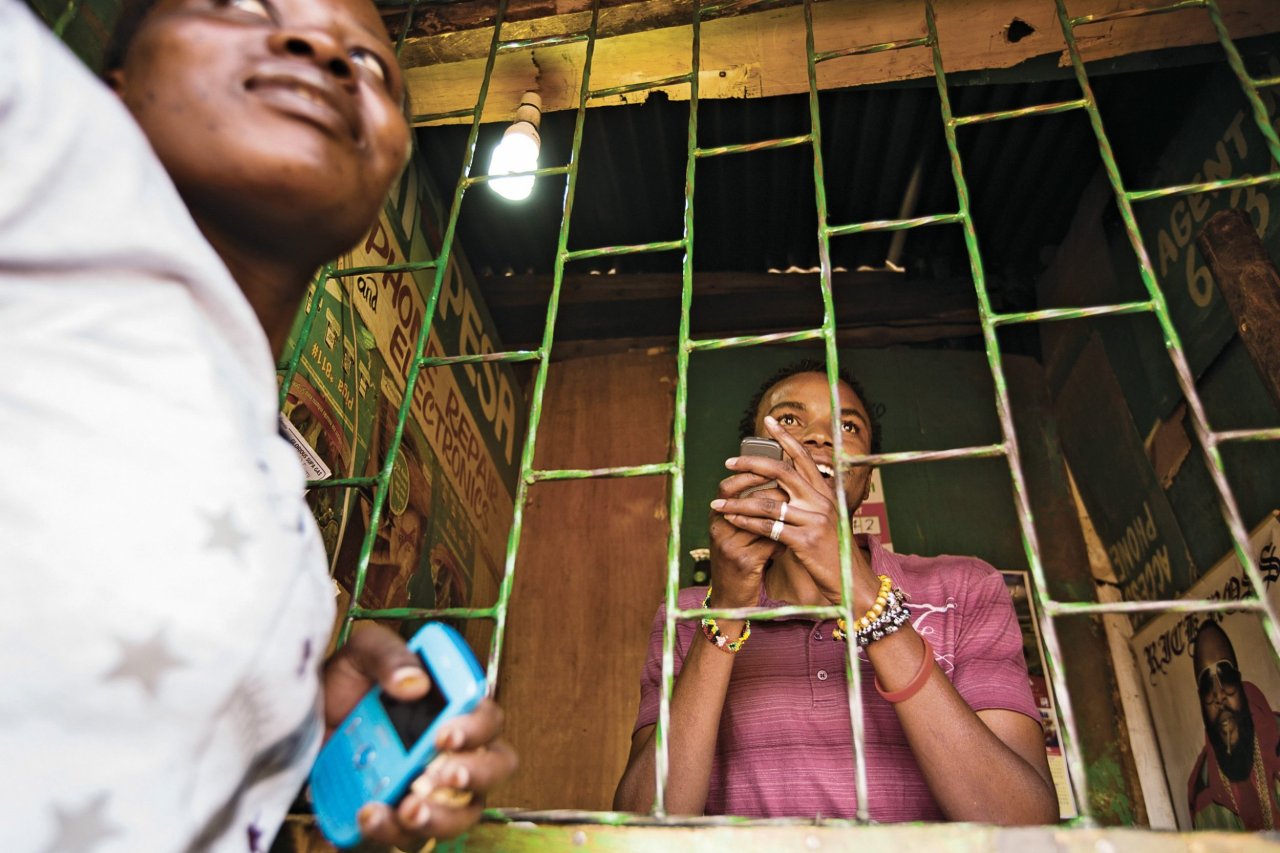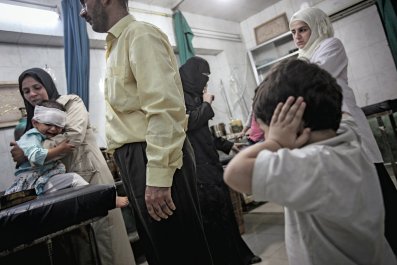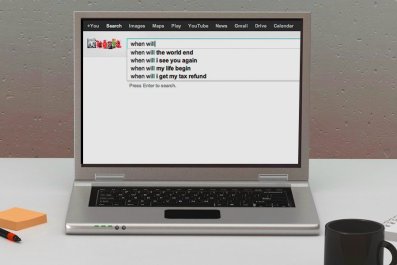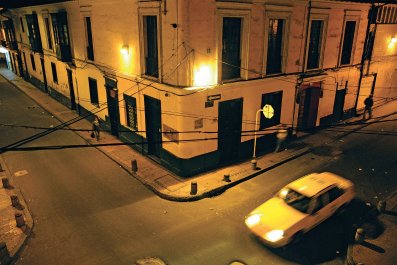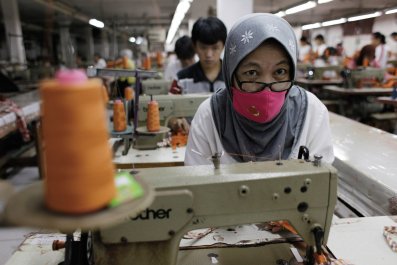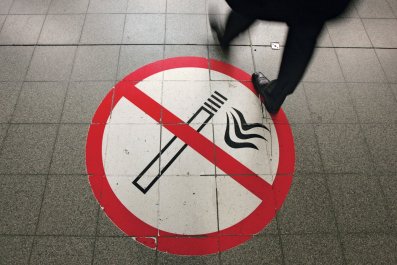In January 2010 a massive earthquake killed more than 200,000 people in Haiti, and many of those who survived fled the capital. Where did they go? Digicel, Haiti's largest cellphone carrier, gave researchers at Sweden's Karolinska Institute access to the data from 2 million phones. They determined that 630,000 people who had been in Port-au-Prince the day of the quake abandoned the city and then tracked them, in many cases, to the same villages where they'd spent Christmas. While people in the United States and Europe fret about the implications of government getting access to metadata to hunt for terrorists, academics and private consultants are mining the records of billions of cheap cellphones in the developing world to track disease, plan for emergencies, and try to prevent violence. Orange, the huge multinational telecommunications company based in France, recently released 2.5 billion "anonymized" records from 5 million people in Ivory Coast through a program called Data for Development. Separately, Caroline Buckee at the Harvard School of Public Health was given access to records from 15 million phones in Kenya. "This is the future of epidemiology," Buckee told MIT Technology Review. "If we are to eradicate malaria, this is how we will do it."
Big Brother to the Rescue
